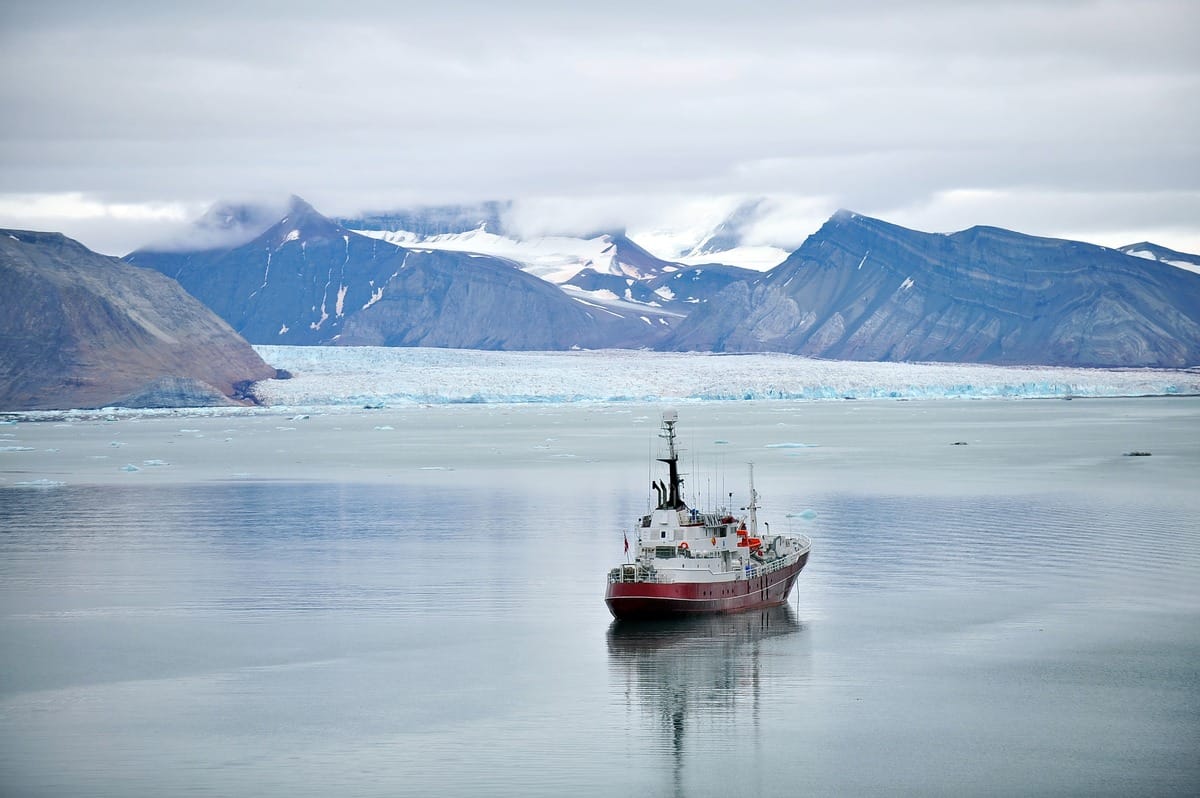Scientists from the University College London (UCL), the National Oceanography Centre (NOC), and the École Normale Supérieure (ENS) Paris-Saclay have joined forces to shed more light on the role of coastal wave breaking in global
Scientists from the University College London (UCL), the National Oceanography Centre (NOC), and the École Normale Supérieure (ENS) Paris-Saclay have joined forces to shed more light on the role of coastal wave breaking in global climate modeling.
Under the WAVECLIM project, scientists from UCL, NOC and ENS will use novel observations of coastal wave breaking, advanced modeling, and machine learning to determine the importance of the coastal wave breaking, deemed notoriously complex and challenging-to-measure phenomenon.
Specifically, the WAVECLIM project will look to fill a gap in understanding the role these often dramatic coastal processes play in global climate modeling.
The project will use advanced sensor technology and machine learning to capture and integrate coastal wave-breaking dynamics into predictive models. State-of-the-art monitoring equipment, including LIDAR, drones, and stereoscopic cameras, will be deployed to provide unprecedented data on coastal wave breaking under diverse conditions.
Machine learning models trained on these observations will be integrated into climate models, addressing biases and enhancing the accuracy of future climate predictions.
Through this collaboration, the partners aim to address critical knowledge gaps, paving the way for improved representation of coastal seas complexities in the next generation of climate models.
The innovative project is one of the
Content Original Link:
" target="_blank">



























































